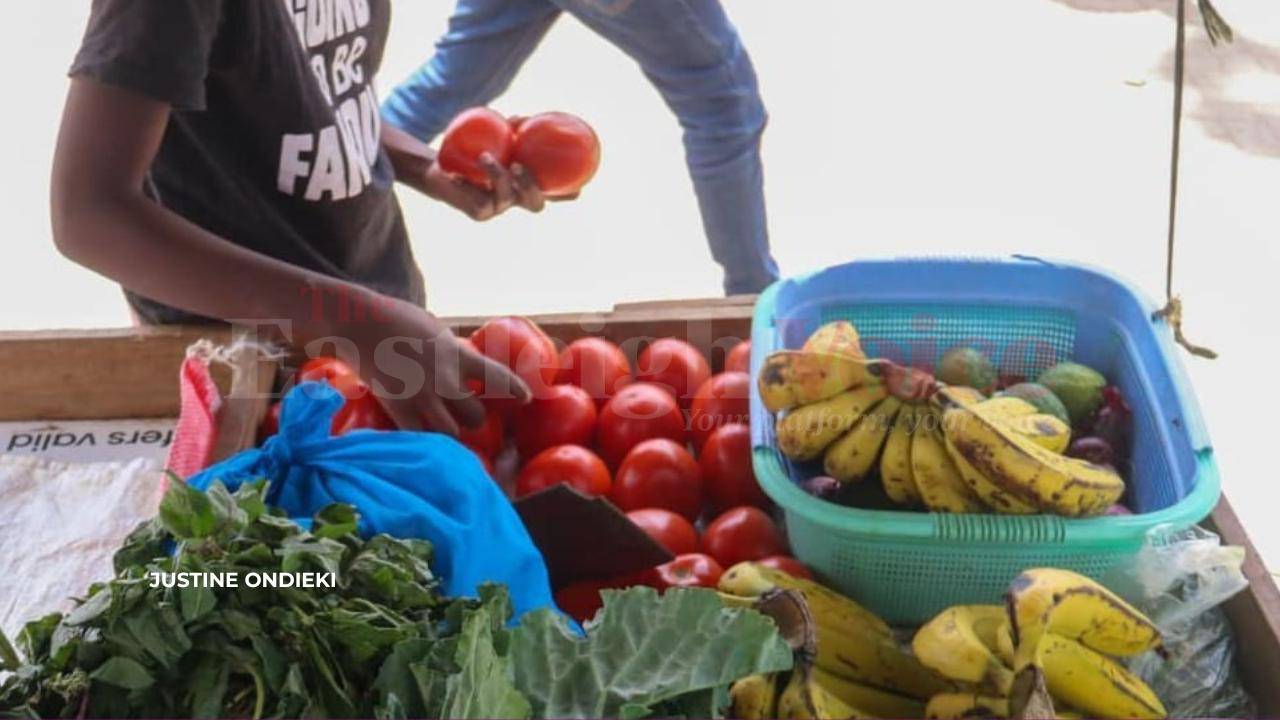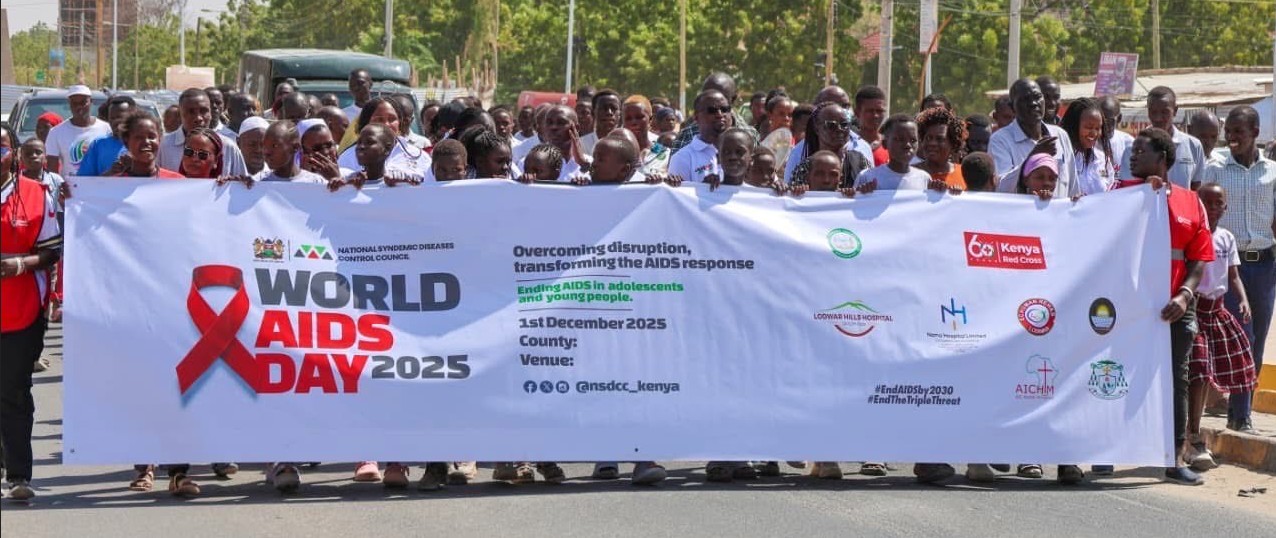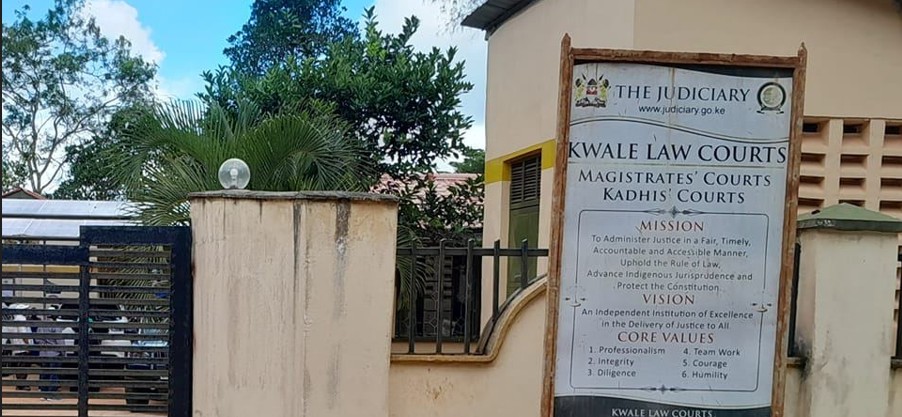Embakasi gas explosion highlights rising dangers of unregulated LPG in Nairobi
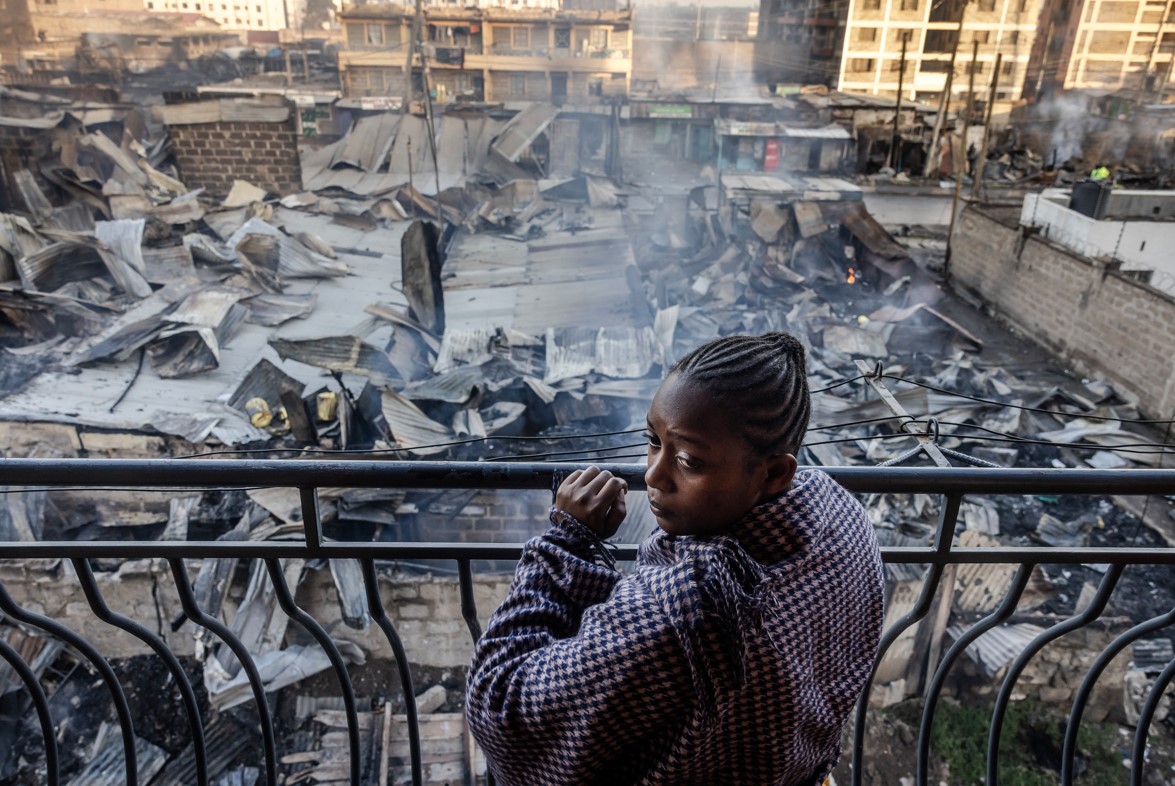
The blasts have been blamed on illegal production of liquefied petroleum gas.
The family of Winfred Ojwang’ and Hellen Achieng’ are in immense pain following a gas cylinder explosion at their home a few days ago in Embakasi.
Admitted at Kenyatta National Hospital with their children, who are severely burnt, the couple are desperate to clear their increasing medical bills.
More To Read
- Embakasi fire tragedy: Proprietor of gas plant, employee, charged with manslaughter
- Fuel tanker accident kills at least 147 in Nigeria
- Senators blame weak enforcement for deadly Embakasi gas explosion
- LPG gas tanker burst into flames at Fedha Estate in Nairobi
- Senate orders the arrest of Governor Sakaja for ignoring summons
- Growth in petroleum industry has fueled illicit trade of products - PS Omollo
One of their child lost his life in the incident. According to Hellen Achieng, the incident happened at night when she was preparing supper for her family. Her husband had just returned from work.
“Nilikuwa nawakisha gas nimpikie chakula, vile niliakisha, moto ikalipuka. Tukachomeka kwa nyumba mpaka watoto.Majirani ndio walituchukuwa wakatupeleka Mama Lucy,” Achieng narrated.
While the family needs up to Sh500,000 to foot the ballooning hospital bill of treatment they are undergoing, the worry is how cases of gas cylinders exploding have increased in recent times within the city.
The blasts have been blamed on illegal production of liquefied petroleum gas. The latest incident comes a year after a huge gas blast killed at least three people and injured nearly 300 in Embakasi.
Housing, businesses and cars were damaged, with video showing a huge blaze raging close to blocks of flats.
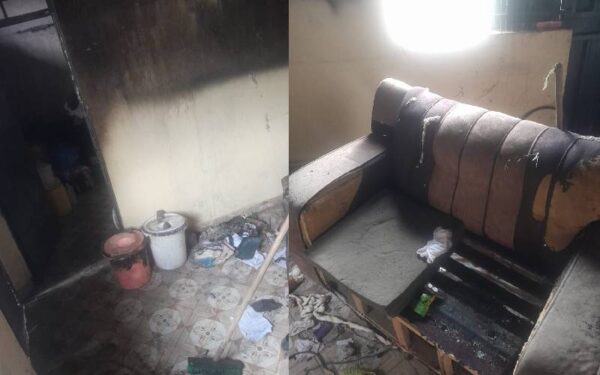 The household items belonging to Helen Achieng’ that were burnt following a gas cylinder explosion. (Photo: Handout)
The household items belonging to Helen Achieng’ that were burnt following a gas cylinder explosion. (Photo: Handout)
There has been contestation among energy industry players on how production, distribution and use of LPG cylinders should be regulated.
Last year, the Energy Petroleum Regulatory Authority (EPRA) suspended operating licenses to 49 Liquefied Petroleum Gas (LPG) companies for non-compliance following the Embakasi explosion incident.
An assessment audit was done in all 138 LPG plants in the country, where some were located within a radius of 200 meters from residential areas were rated risky, posing danger to residents.
The then Energy Cabinet Secretary Davis Chirchir explained that there exist gaps in surveillance as the enforcement department is understaffed.
“When we have two officers having to comb through Nairobi county, both formal and informal settlements, it wasn’t possible. That's why we have established a police force of 100,000 to enhance capacity,” he stated.
A huge chunk of the 49 LPG plants whose licenses were revoked were from Nairobi and Kiambu counties, as most were within residential areas.
The recent efforts by EPRA came amidst a push by legislators on laxity by the regulator to enforce safeguards to deter the recurrence of the Embakasi explosion incident that claimed seven lives.
Enforcement loopholes for the regulator to ensure safe distribution and use of LPG have been linked to the Embakasi incident, with EPRA decrying understaffing to conduct enforcement.
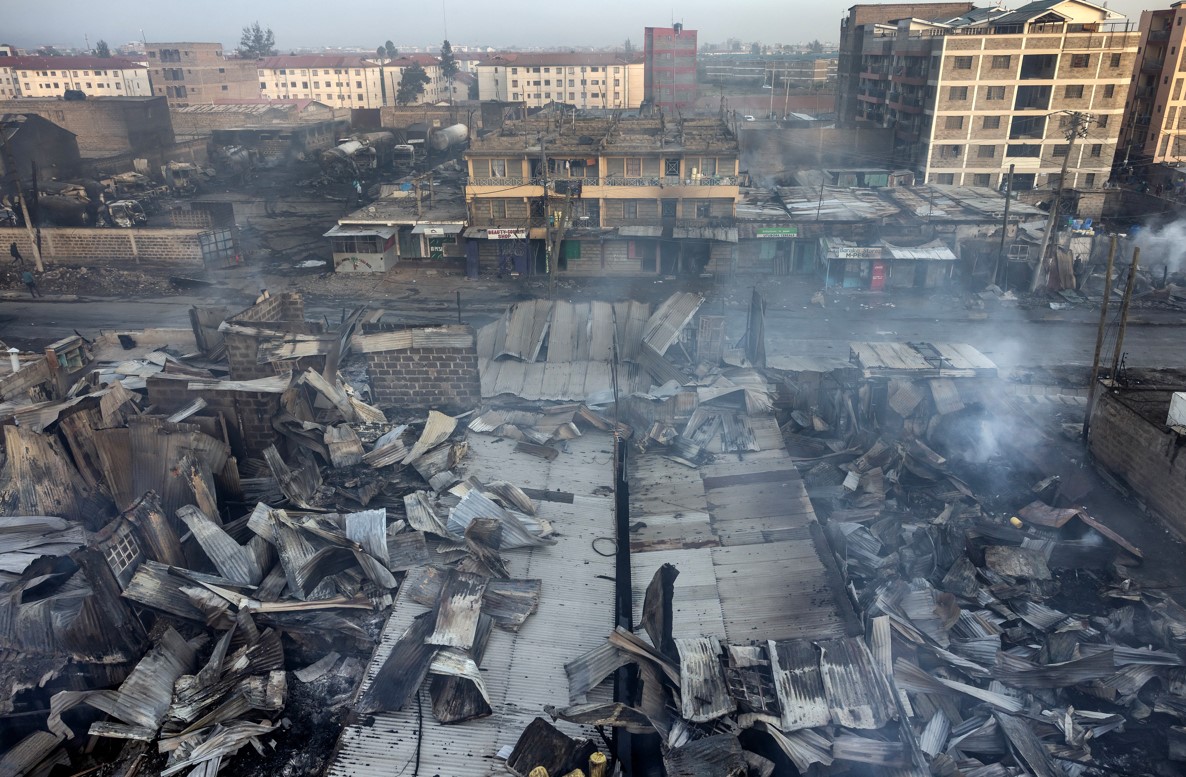 This photograph, taken on February 2, 2024, shows heavily damaged houses and shops, a day after a gas explosion in the Embakasi area of Nairobi. (Photo: LUIS TATO/AFP)
This photograph, taken on February 2, 2024, shows heavily damaged houses and shops, a day after a gas explosion in the Embakasi area of Nairobi. (Photo: LUIS TATO/AFP)
“In Nairobi Metropolis, which serves five counties, is currently understaffed; we only have three officers to go round the formal and informal sector,” said EPRA Director General Daniel Kiptoo
Moving forward, EPRA has embarked on a multi-agency approach with the Ministry of Interior and National Administration in conjunction with devolved units to root out illegal filling plants.
Kiptoo admitted that they were caught off-guard in terms of surveillance on the Embakasi gas explosion incident as the illegal plant was being operated dead in the night.
“The site where the incident happened wasn’t licensed by us; it was operating as a garage by day and a gas refilling plant by night, but moving forward, we have put in place short and medium-term intervention,” he said.
EPRA DG expressed that housing policies by devolved units have interfered with regulations set by the authority, with residential units being built in areas where refilling plants are erected.
“The risk sometimes is for us to shut them down, as some of them are bleeding and it’s no fault of their own because they came before the human settlement,” Kiptoo said.
The government pointed out that legal cases are imminent from LPG plants whose licenses were suspended, yet from the onset, they had complied with the regulations before the mushrooming of human settlements.
EPRA absolved itself from blame in terms of licensing gaps, saying the authority received three applications last year for permission to build a liquefied petroleum gas (LPG) storage and filling facility at the site.
Top Stories Today


